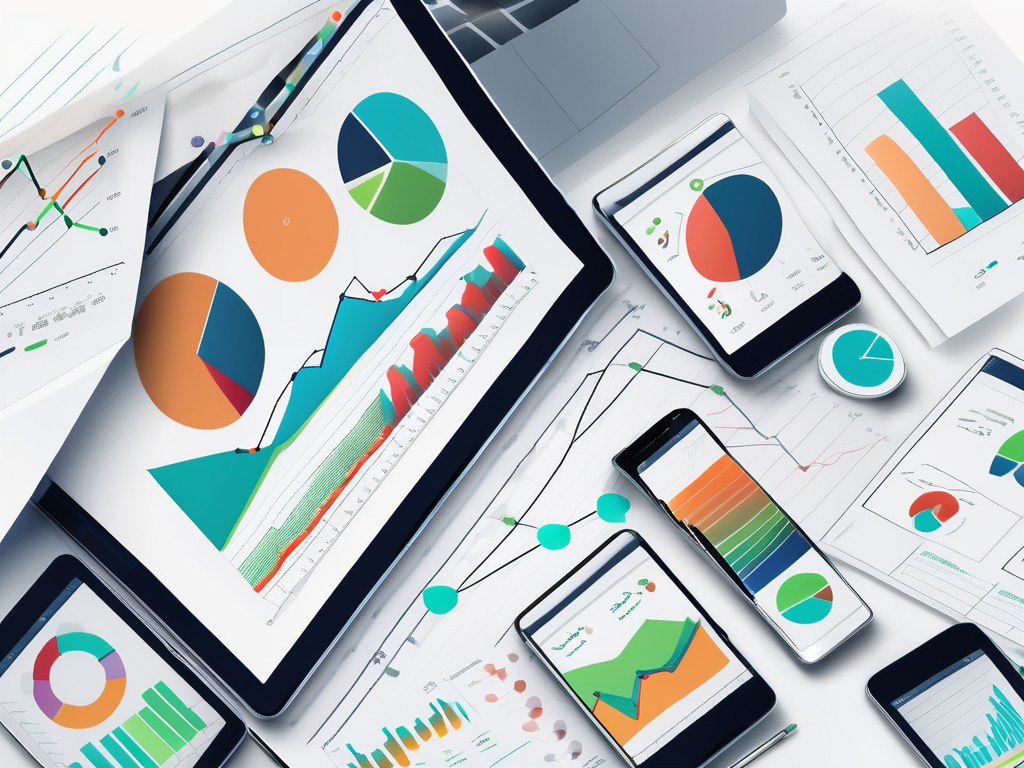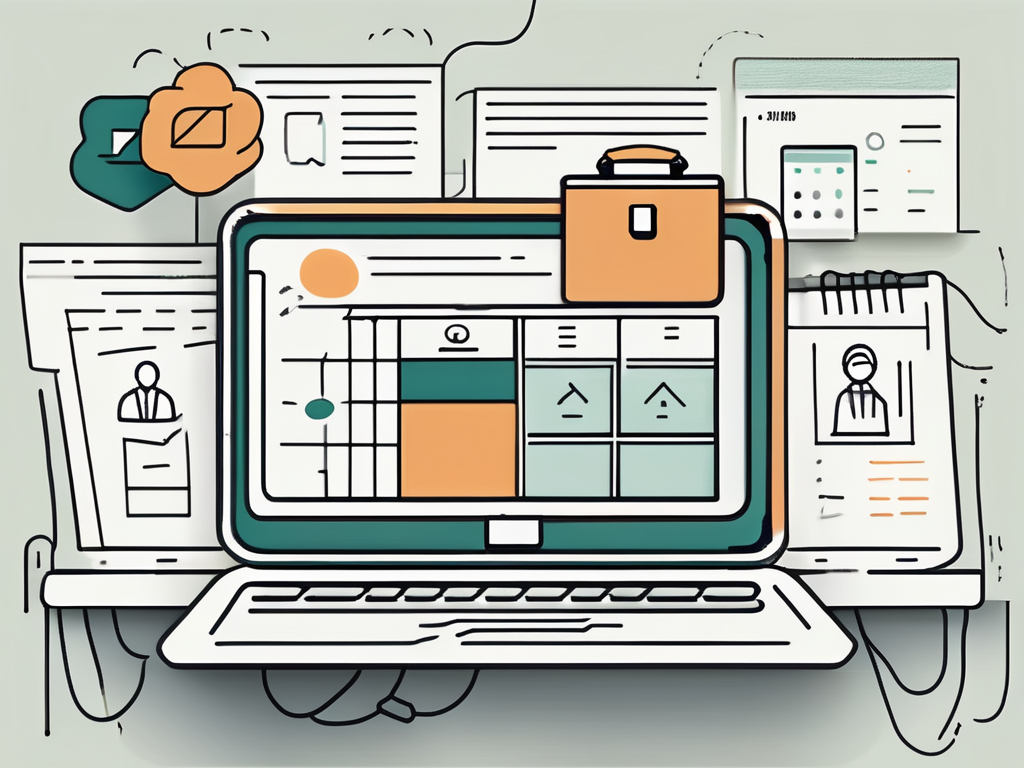Sales Software for Small Business
For small businesses, finding the right sales software can be a game-changer. It can streamline operations, improve customer relationships, and ultimately drive revenue growth. But with so many options on the market, it can be challenging to know which one is the best fit for your business. This comprehensive guide will explore the key features to look for, the benefits of using sales software, and some of the top options available for small businesses.
Understanding Sales Software
Sales software, also known as Customer Relationship Management (CRM) software, is a tool that helps businesses manage their interactions with current and potential customers. It helps to automate and synchronize sales, marketing, and customer service. The primary goal is to improve business relationships, retain customers, and drive sales growth.
For small businesses, sales software can be particularly beneficial. It can help to automate time-consuming tasks, allowing your team to focus on more strategic activities. It can also provide valuable insights into customer behavior, helping you to tailor your offerings and improve customer satisfaction.
Key Features to Look for in Sales Software
Contact Management
One of the most critical features of sales software is contact management. This feature allows you to track all interactions with your customers, from initial contact through to sale and beyond. It can help you to build stronger relationships with your customers, and ensure that no opportunities are missed.
When evaluating sales software, look for a system that allows you to easily add, edit, and track contacts. It should also provide a comprehensive view of each customer, including their purchase history, communication history, and any notes or tasks related to them.
Lead Management
Another crucial feature is lead management. This involves tracking potential customers (leads) and guiding them through the sales process. Good sales software will help you to identify and prioritize leads, track their progress, and automate follow-up tasks.
Look for a system that allows you to customize your lead management process to suit your business. It should also integrate with your marketing tools, allowing you to track leads from initial contact through to sale.
Sales Forecasting
Sales forecasting is a feature that uses historical data to predict future sales. This can be incredibly beneficial for planning purposes, helping you to manage your resources effectively and set realistic sales targets.
When evaluating sales software, look for a system that offers robust forecasting tools. It should allow you to generate detailed forecasts based on a variety of factors, including sales trends, seasonality, and market conditions.
Benefits of Using Sales Software for Small Business
Using sales software can provide a range of benefits for small businesses. Firstly, it can help to streamline your sales process, reducing manual tasks and freeing up time for your team. This can lead to increased productivity and efficiency.
Secondly, sales software can provide valuable insights into your customers. By tracking all interactions with your customers, you can gain a better understanding of their needs and preferences. This can help you to tailor your offerings, improve customer satisfaction, and ultimately drive sales growth.
Finally, sales software can help to improve communication within your team. By providing a centralized system for tracking customer interactions, it can ensure that everyone has access to the same information. This can lead to improved collaboration and coordination, and ensure that no opportunities are missed.
Top Sales Software Options for Small Businesses
There are many sales software options available for small businesses, each with their own strengths and weaknesses. Here are a few options to consider:
- HubSpot CRM: This is a free CRM that offers a range of features, including contact and lead management, email tracking, and sales forecasting. It also integrates with other HubSpot tools, making it a good option for businesses looking for a comprehensive marketing and sales solution.
- Zoho CRM: This is a comprehensive CRM that offers a range of features, including contact and lead management, sales forecasting, and social media integration. It also offers a range of customization options, making it a good option for businesses with specific needs.
- Salesforce Essentials: This is a scaled-down version of Salesforce's popular CRM, designed specifically for small businesses. It offers a range of features, including contact and lead management, sales forecasting, and task management. It also integrates with other Salesforce products, making it a good option for businesses looking for a scalable solution.
When choosing sales software for your small business, it's important to consider your specific needs and budget. Take the time to evaluate different options, and consider taking advantage of free trials to find the best fit for your business.
Conclusion
Choosing the right sales software can have a significant impact on your small business. It can help to streamline your sales process, improve customer relationships, and drive sales growth. By understanding the key features to look for and the benefits of using sales software, you can make an informed decision that will help your business to thrive.



